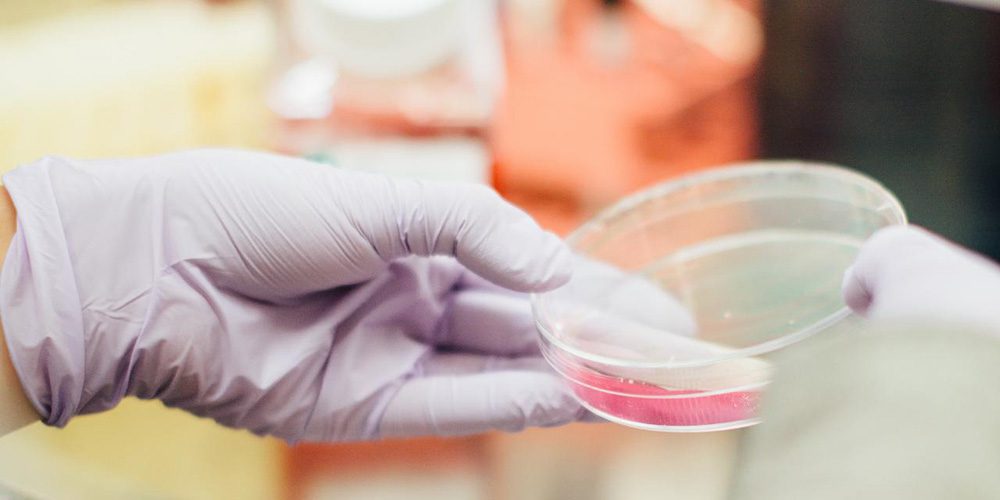
Gallery – Expoweed Chile 2015 – Santiago de Chile
Iberian Peninsula express shipping
0€ Orders over 60€
*6€ orders under 59€
East, West, South Europe express shipping
0€ Orders over 150€
*18€ orders under 149€
North Europe express shipping
0€ Orders over 160€
*20€ orders under 159€
Ireland, Norway, UK normal shipping
0€ Orders over 60€
*6€ orders under 59€
Rest of the world normal shipping
0€ Orders over 180€
*25€ orders under 179€
Shipping costs can be confirmed in your shopping cart.
For additional shipping methods, please reach out through info@kannabia.com.


*Website protected by SSL.
**Not available in all regions.
*Your coupon will be sent via email.
*Should you have any question, comment or feedback, please do not hesitate to contact us.

The Journal of Psychopharmacology is a prestigious publication specialized in medicine, which recently released a highly promising study. If this initial discovery is true, cannabidiol could be effective in treating people with addiction to methamphetamine, currently one of the most commonly abused substances on the entire planet.
The non psychoactive component of cannabis, CBD, has the ability to stop the urge to take methamphetamines. These first results have been demonstrated with experiments on rats.
“This is the first demonstration that cannabidiol can reduce the motivation to seek and consume methamphetamine, and suggests that cannabidiol is worth trying as a new pharmacotherapy for methamphetamine dependence.”
“Methamphetamine is an addictive stimulant that can cause many adverse physical, psychological and psychosocial effects. Preliminary evidence shows that cannabidiol, a non-intoxicating component of the cannabis plant, may be effective in the treatment of opioid and nicotine dependence. However, no study has yet examined whether cannabidiol treatment could affect methamphetamine addiction.” We read in the report published in the Journal of Psychopharmacology.
According to the author of the study, Jennifer Cornish, one of the objectives of her laboratory is to understand the neurobiology of addiction to this substance, in order to find cures to reduce the problem in society.
“Cannabinoids show promise as drugs for various disorders and mental health symptoms in preclinical models, including drug addiction and relapse in opioids and psychostimulants,” states the report.
This research indicates that, in a preclinical setting, high doses of CBD can reduce methamphetamine use and also avoid relapse into this substance.
Many other studies need to be done in this field before CBD can be used with the human methamphetamine addicted population, but this study is a first step to understanding the potential use of CBD treatment in methamphetamine addiction.
“The main caveats here are that the study has been conducted in rodents and uses high doses of CBD, 80mg / kg However, there is a substantial overlap between the neurobiology of rats and humans, and preclinical studies such as this provide important information about the possible use of new chemicals in human disorders”, explained Cornish.
Jennifer Cornish insisted on the importance for society of understanding how medical cannabis can embrace a wide range of chemicals found in the cannabis plant. She added that many of them are not psychoactive, unlike delta-9-tetrahydrocannabinol, the main psychoactive element of the plant. And that each element may have a medical application yet to be discovered.
The rats showed no change in behaviour at concentrations of 20 and 40 mg / kg, but when the researchers increased the doses to 80 mg / kg these rodents showed less interest in the self-dose of methamphetamine and their relapses decreased. The authors stated that their research is the first to demonstrate that CBD can reduce methamphetamine addiction.
From the set of data collected, treatments can be designed that highlight the effectiveness of CBD as a therapy for methamphetamine addiction, and mechanisms by which cannabidiol can reduce the intake of methamphetamine. Understanding these mechanisms may result in more targeted therapies, which will work like the CBD, but with smaller therapeutic doses.